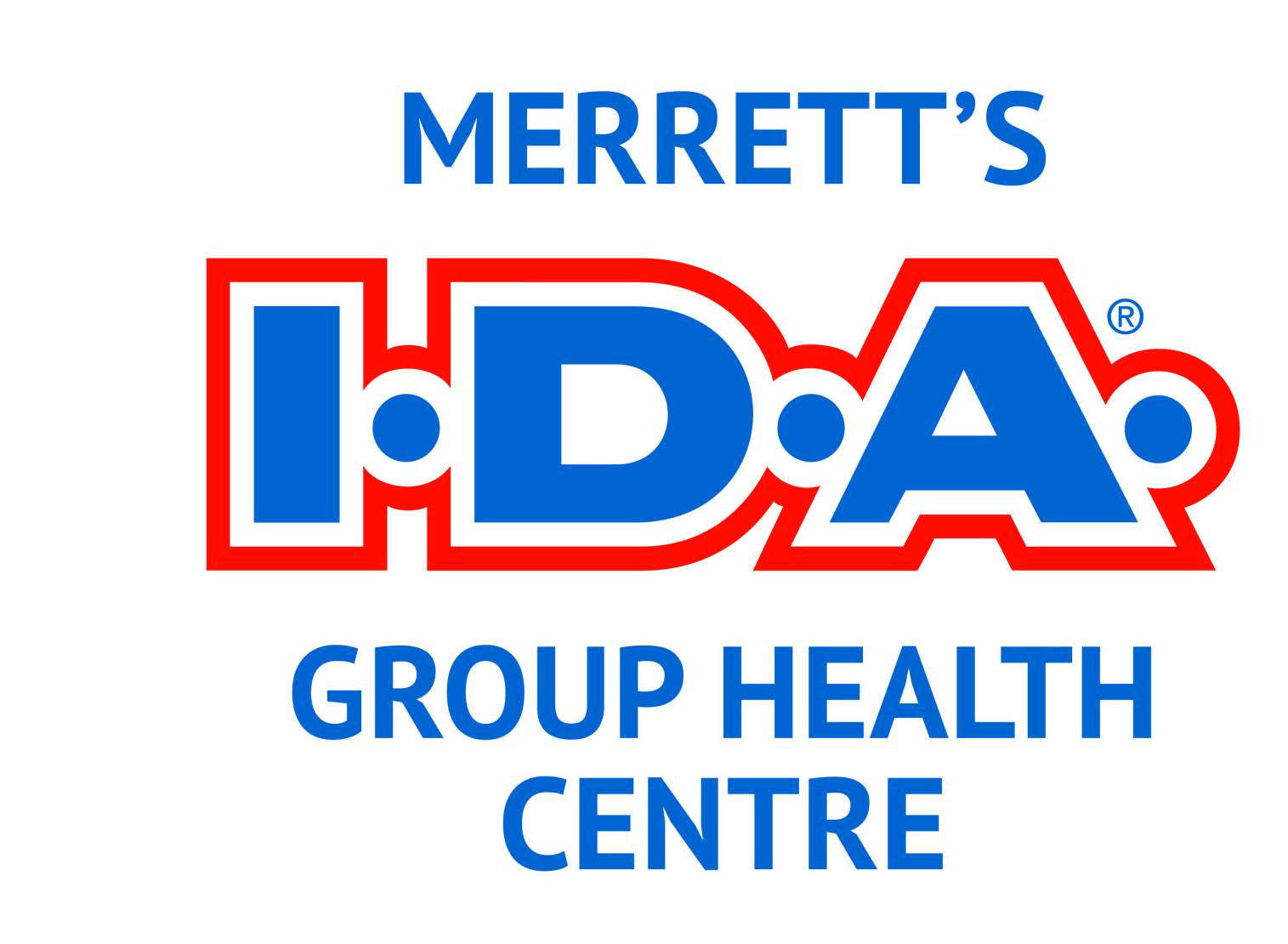Depression In Men
Recognize The Atypical Symptoms Of Depression In Men
- Common Myths Of Depression In Men
There are a number of common misconceptions about depression, especially about depression among men:
- Depression is a sign of weakness.
- Men don’t cry. They can control their emotions.
- With a little willpower, you can snap out of it.
These myths can prevent men from seeking help right away. And yet depression is a real illness that affects the brain and requires treatment.
- How Do Men Express Their Emotions Differently
Rather than admitting they feel sad, depressed, or down, men with depression may express their illness in terms of fatigue, stress, or an inability to function normally.
Sometimes they respond to their feelings of sadness with anger, hostility, aggressiveness, frequent mood swings, or controlling or abusive behaviour (verbal or physical) toward those around them.
Some symptoms may also take the form of self-destructive behaviours – for example throwing oneslef into work, drinking excessively, or adopting risky behaviours (dangerous driving, unprotected sexual intercourse, etc.).
- What Are The Physical Symptoms Of Depression In Men
Depression can also be accompanied by physical symptoms such as headache or back pain, sleep disorders, or digestive troubles. Men can suffer from sexual problems, too, including erectile dysfunction.
- What Are The Consequences Of Not Treating Depression
Not only does depression invariably impact quality of life, it can also imperil a man’s family and romantic relationships, and lead to job loss or social isolation.
Depression is also one of the greatest risk factors for suicide in men.
- Are There Personalized Treatments For Depression
While every case is different, treatment for depression usually includes psychotherapy and (or) drug therapy.
A healthy lifestyle can also go a long way to getting healthy again, including a balanced diet, regular exercise, and reduced alcohol consumption. Relaxation exercises, meditation, and yoga can also be helpful to manage stress.
- Your Pharmacist Is There For You
If your doctor prescribes you an antidepressant, your pharmacist will keep a close eye on your progress and will contact your doctor if he or she feels that you are not tolerating the treatment well or that it is not providing the anticipated benefits.
If you have any questions about depression or how to treat it, ask for a private consultation with your pharmacist. They will listen with an attentive ear and offer informed and helpful advice.
